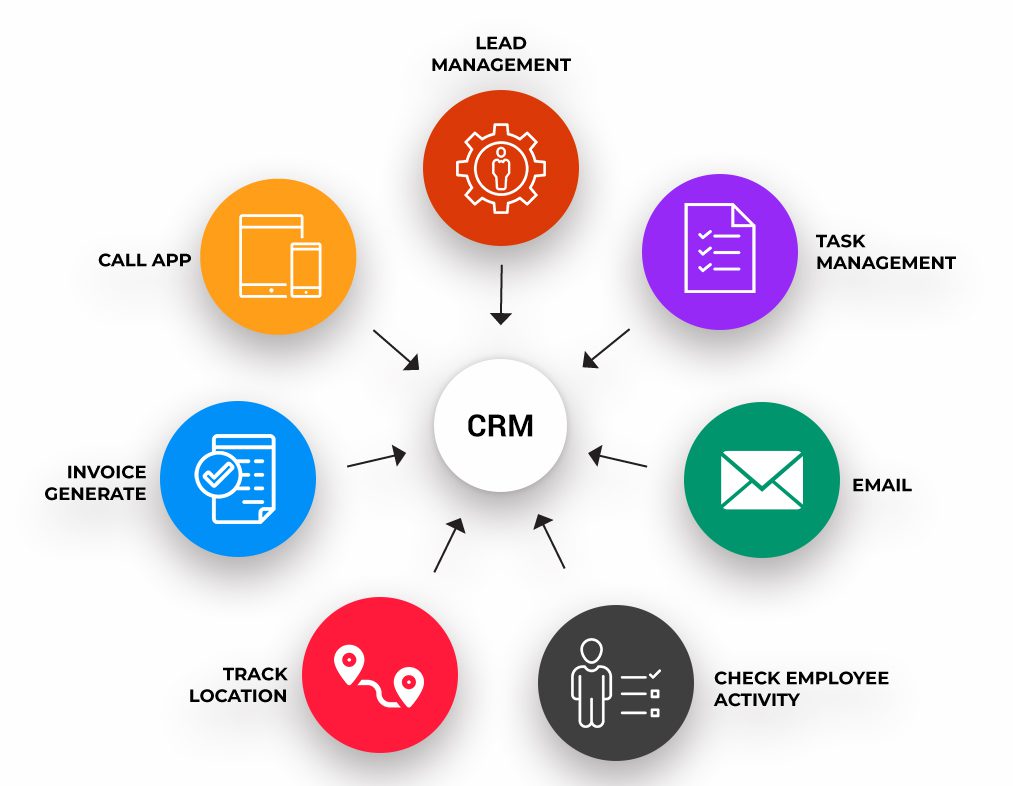Starting with the best CRM for landscape company, this introductory paragraph aims to provide a captivating overview of how CRM software can revolutionize client communication and enhance operational efficiency in the landscaping industry.
Exploring the key features, comparison of top CRM options, implementation strategies, and FAQs, this comprehensive guide will equip you with the necessary knowledge to choose the ideal CRM solution for your landscape business.
Importance of CRM for Landscape Companies
CRM software plays a crucial role in streamlining client communication for landscape businesses. By centralizing customer data, interactions, and transactions, CRM systems enable companies to provide personalized service and build lasting relationships with clients. The benefits of using CRM in managing leads, projects, and customer relationships efficiently are immense.
Key Features to Look for in a CRM for Landscape Company

- Lead management: Efficiently tracking and managing leads to convert them into customers.
- Project tracking: Monitoring and managing ongoing projects to ensure timely completion and customer satisfaction.
- Invoicing: Generating and sending invoices to clients for services rendered.
- Integrations with scheduling tools, payment gateways, and mapping services: Seamless integration with other tools for enhanced functionality.
- Mobile access: Accessing CRM data on-the-go for real-time updates and communication.
- Customizable fields: Tailoring CRM to specific business needs and workflows.
- Reporting capabilities: Generating insights and analytics to make informed business decisions.
Comparison of Top CRM Options for Landscape Businesses, Best crm for landscape company
Popular CRM software like Salesforce, HubSpot, and Zoho are well-suited for the landscaping industry. Each CRM system offers unique features catering to specific needs such as client management, project tracking, and marketing automation. Factors like pricing models, scalability, and user-friendliness vary across different CRM platforms, allowing companies to choose the best fit for their business.
Implementation Strategies for a CRM in a Landscape Company

- Design a roadmap: Plan the integration of CRM software into existing business processes.
- Employee training: Provide comprehensive training to staff on using the CRM system effectively.
- Data migration: Ensure smooth transition of data from existing systems to the new CRM platform.
- Setting up workflows: Establish efficient workflows within the CRM to streamline operations.
- Data security: Implement measures to safeguard customer data and maintain data integrity.
Last Word: Best Crm For Landscape Company

In conclusion, selecting the best CRM for your landscape company is crucial for optimizing client relationships, project management, and overall business success. By leveraging the right CRM software, you can streamline operations, boost productivity, and drive growth in your landscaping business.
FAQ Overview
What are the key benefits of using CRM for landscape companies?
CRM software can streamline client communication, manage leads efficiently, track sales, and improve customer service in the landscaping industry.
Why is mobile access important in a CRM system for landscape businesses?
Mobile access allows field employees to update information in real-time, enhancing collaboration and productivity for landscape companies.
Which CRM options are most suitable for the landscaping industry?
Popular CRM software like Salesforce, HubSpot, and Zoho offer features tailored to client management, project tracking, and marketing automation needs in the landscaping sector.
How can a landscape company effectively integrate CRM software into its existing processes?
By designing a roadmap, organizing employee training, and ensuring data security during implementation, a landscape company can successfully incorporate CRM into its operations.

